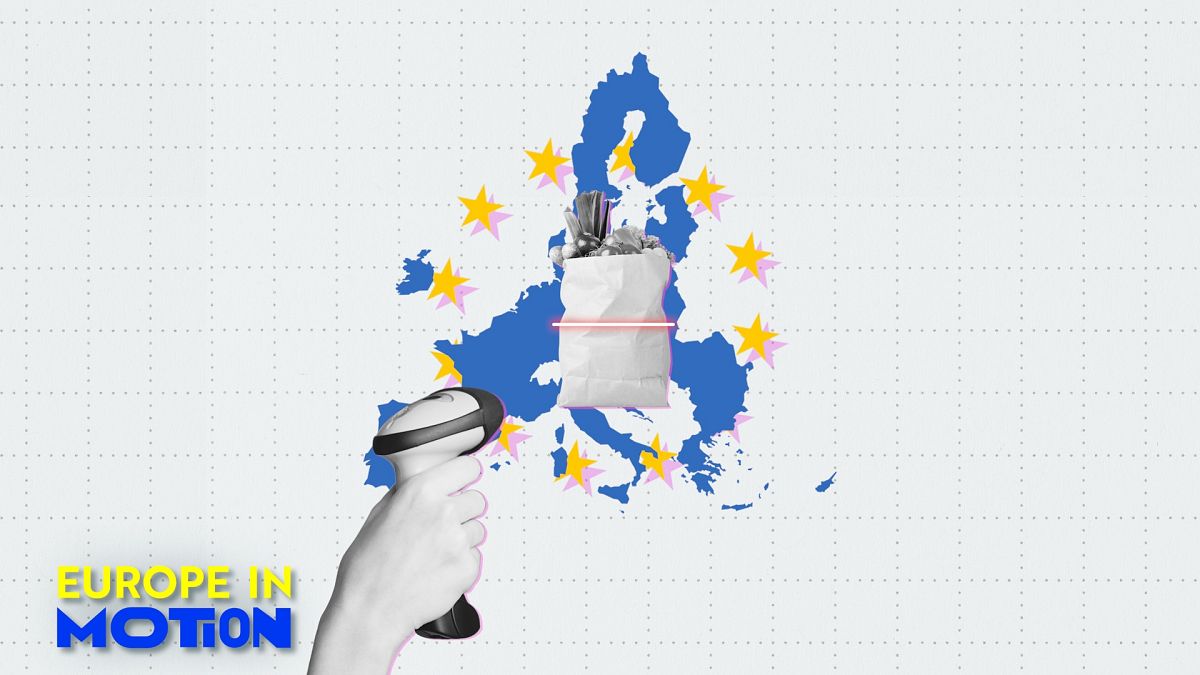

As the summer of 2025 brings forward subtle shifts in the international economic landscape, several threads weave a tapestry of interconnected stories across Europe and North America. From the fluctuating costs of living within the EU to evolving defence priorities and reinvigorated trade negotiations between Canada and the USA, these developments gently guide us through changing times.
Firstly, within the European Union, residents and travelers alike often ponder on the varying expenses of everyday commodities such as food, drinks, and tobacco. Recent data highlights Denmark as the top spender on bread, cereals, and fish. On the opposite spectrum, Romania emerges as the most affordable destination for fruits, vegetables, and potatoes. Although the inflation rate has stabilized at a moderate 2.6%, these differences in price points underscore the diverse economic realities within the EU, each nation experiencing its unique blend of supply and demand forces.
Shifting our gaze towards the workforce dynamics, the defence sector in Europe signifies an amplified area of opportunity and expansion. An increase in defence spending by over 30% from 2021 to 2024 has propelled demand for skilled labour within this sector, shining a spotlight on the evolving priorities in terms of security infrastructure and capabilities. Since 2022, job postings in defence have consistently outpaced the general job market, reflecting a broader strategic pivot as nations fortify their security frameworks in response to global tensions.
In a related stride toward increased self-sufficiency, Germany’s conservative leadership has posed a significant suggestion in the realm of defence. There is a call for a European nuclear deterrent that operates independently from the United States. This proposition, aimed at strengthening Europe’s autonomy in international geopolitics, echoes sentiments of ensuring security and reducing dependency. Such discussions may influence the trajectory of collaborative defence policies within the continent.
Meanwhile, across the Atlantic, trade relations between Canada and the United States witness a breath of new life as diplomatic negotiations resume. Canada recently rescinded its digital tax, a move that eased tensions and opened avenues for renewed dialogue. This decision is part of a broader landscape where Washington continues to influence digital regulations impacting American tech firms globally. As the talks progress, it is envisioned that this rekindled dialogue will foster mutual economic growth and efficiency in trade operations.
Furthermore, within the United Kingdom, economic indicators present a complex mosaic. The UK’s economy recorded a growth rate of 0.7% in the first quarter, positioning it as the fastest-growing in the G7 group. Despite challenges related to living costs, an optimistic sign for potential homeowners emerges with an increase in mortgage approvals, coupled with growing confidence among lenders. The UK Government’s pledge to establish a National Housing Bank aimed at building 500,000 new homes symbolizes a commitment to addressing housing needs and facilitating homeownership aspirations.
As we reflect on these developments, they remind us of the interconnectedness of global economies and policies. Each shift, whether in market trends, defence postures, or diplomatic engagements, contributes to a dynamic ecosystem. As global citizens, there is comfort in observing nations navigate change with resilience and a shared vision for prosperity and security.
Source: {link}
